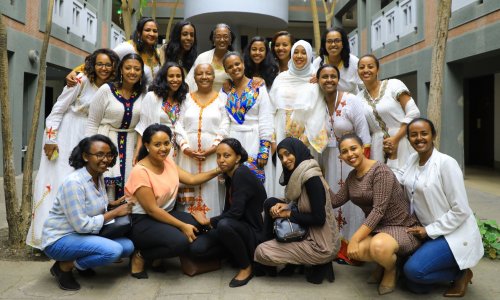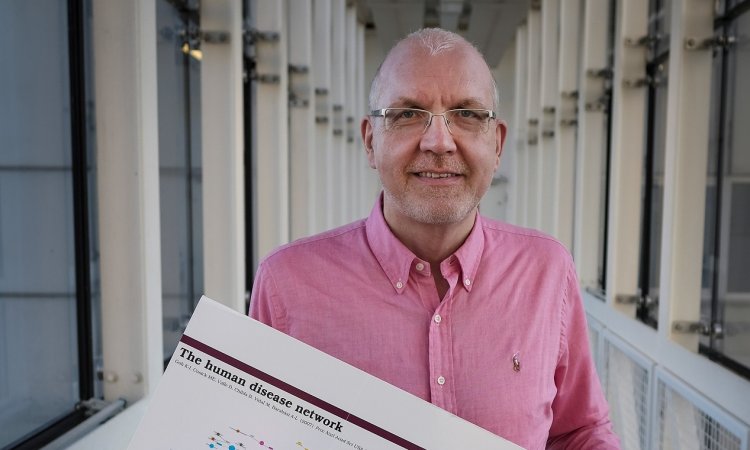Brunel University offers unique Public Health Doctorate
UK - Brunel University is to provide a new three-year course offering a Doctorate in Public Health. The doctorate course, which will commence in October this year, is unique because it is cross-disciplinary, involving internationally recognised academics in medical anthropology, biostatistics, health economics, epidemiology, environmental sciences, health promotion, health services research, social epidemiology, health and social policy, health and human rights, psychology, rehabilitation, and health sociology, are to be involved.

Students will receive a practical as well as theoretical education, preparing them for leadership in public health, rather than academia. The course was developed following consultation with the Royal Society of Health; UNICEF; the Tropical Disease Research Programme (WHO), and Primary Care Trusts across the UK, and is aimed at those already working in non-governmental organisations, local government, or the National Health Service (NHS), who would like to supplement their practical knowledge with an academic qualification.
One of the course designers, Professor Pascale Allotey, explained: ‘We spoke to a number of organisations involved in public health to gain input on what kind of skills they look for, so that we can ensure the students will have a high chance of securing either jobs in public health, or promotions if they have prior experience. We were also keen to build relationships with organisations to try to provide students with as many options for work placements as possible, both in the UK and abroad. We’re not competing with those courses that have a strong bio-medical focus or train academics: Public Health at Brunel is grounded in the social sciences and the aim of our course is to train tomorrow’s public health leaders.’
There is a desperate need for professional doctorates in public health, Professor Richard Parish, chief executive for the Royal Society of Health pointed out: ‘Public health is rising up the political agenda as more policy-makers and planners realise that so much of today’s ill health, in the UK and overseas, is avoidable. We need people with high levels of knowledge and skills, whether it is to help minimise tomorrow’s avian flu pandemic or the growing obesity problem. Put simply, public health is extremely expensive when it is carried out ineffectively and inefficiently, but can deliver phenomenal social and economic benefits when carried out correctly. This initiative has the full support of the Royal Society of Health.’
01.07.2006





